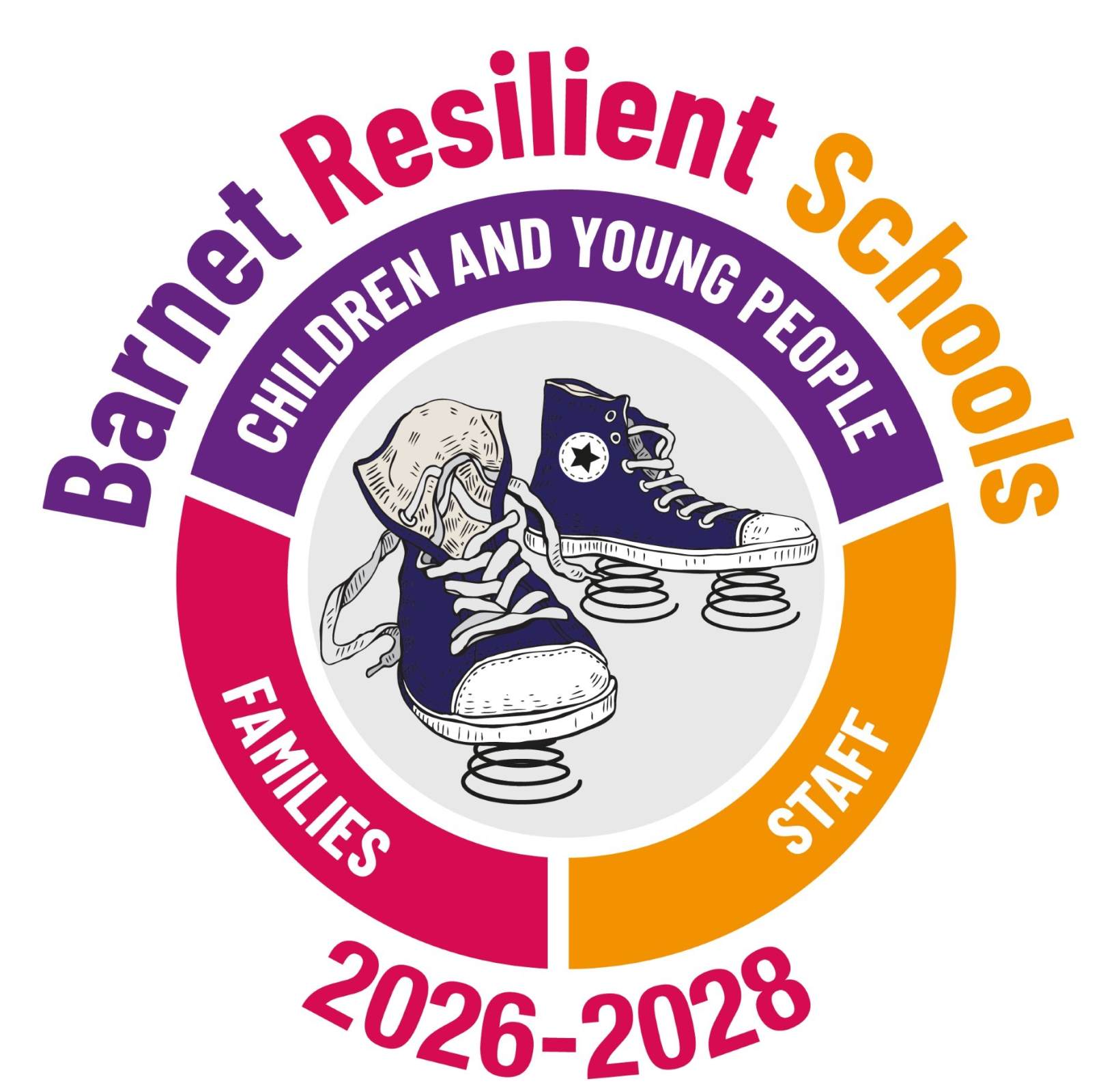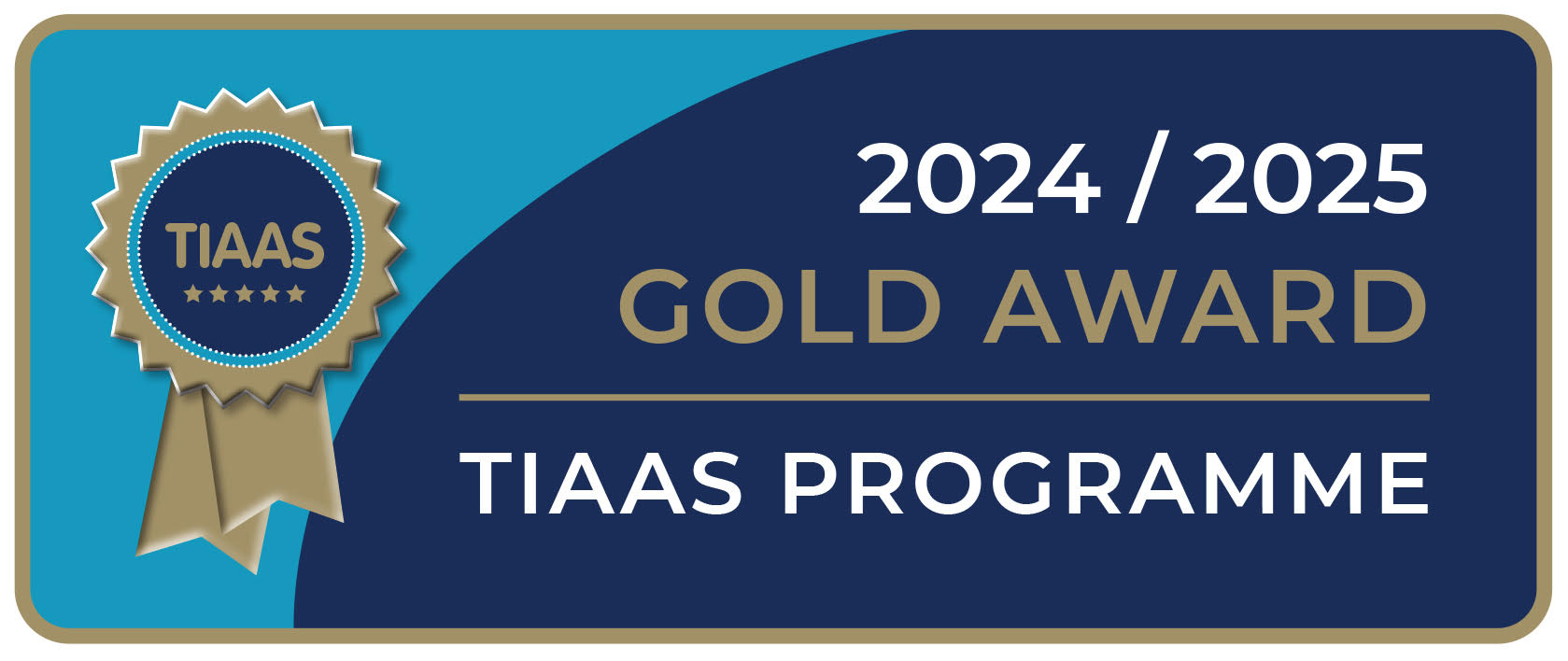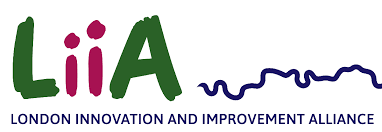Maths Mastery at Cromer Road


Maths Mastery at Cromer Road Primary School
Cromer Road teachers have joined the Maths Hubs Mastery Specialists Programme and will receive training from the The National Centre for Excellence in the Teaching of Mathematics (NCETM) which was set up in 2006. The NCTEM provides maths-specific school and professional development..
An exchange programme between teachers from England and Shanghai has informed effective pedagogic strategies for achieving mastery of maths. The striking performances of Shanghai and other East Asian countries in maths have become well-established.
The component thought to be key to the success of the East Asian system is the use of variation theory. Variation theory has several dimensions, including use of multiple representations of what a concept is, and what it is not. It is characterised by a carefully constructed small-step journey through learning. It pays attention to what is kept the same and what changes, in order that pupils might reason. This means that our children will make connections and build deep conceptual knowledge.
Variation is applied to practice questions where attention is paid to the selection and order of the examples. Often just one aspect is changed whilst others are kept the same. The intention is to avoid mechanical repetition but instead to promote thinking to make connections. This is also known as ‘intelligent practice’.
Teaching for mastery is also characterised by a series of beliefs and practices.
Children Succeeding
Mastery is characterised by a belief that, by working hard, all children are capable of succeeding at mathematics. On this basis, children are taught all together as a class and are not split into ‘prior attainment’ groupings.
Carefully structured teaching is planned in small steps. This provides both the necessary scaffold for all to achieve, and the necessary detail and rigour of all aspects of the maths to facilitate deep thinking. The small steps are connected and concepts are built. This leads to generalisation of the maths, and the ability to apply it to multiple contexts and solve problems.
It is expected that those children who will achieve well on a particular topic may not necessarily be the same children who achieved well on other topics. An additional daily short session of 10 to 15 minutes is provided in Early Years for any pupils who do not fully grasp the lesson content, in order that they 'keep up' with the class. Our experience shows that it is not always the same pupils who require this form of intervention and this boosts the self-belief of previously low-attaining pupils.
Understanding Structures
A focus on exposing the structure of mathematics and developing an understanding of how and why maths works is crucial to mastery. A key skill of the teacher is to be able to represent the maths in ways that provide access and insight for pupils.
Concrete materials, contexts, drawings, diagrams and equations all play a role. These are discussed through opportunities for pupil-pupil and pupil-teacher talk, to develop reasoning, flexibility and adaptability in mathematical thinking.
Learning Facts
Memorisation and repetition of key facts (times tables and number bonds etc.) are important aspects of learning. Evidence from cognitive science research suggests that learning key facts so they can be recalled automatically ‘frees up’ working memory. It can then focus on more complex problem solving, rather than reaching cognitive overload trying to calculate simple operations. In terms of procedural fluency and conceptual understanding, one should not be prioritised over the other. Learning is most effective when the two are fully integrated.
Mathematical Language
Teaching children precise mathematical language and insisting upon its use supports children's ability to think mathematically. Having the language and using it empowers children’s ability to think about the concept.
We are looking forward to starting this journey this year in Early Years and KS1 and will look to apply Maths Mastery in KS2 in the future.











